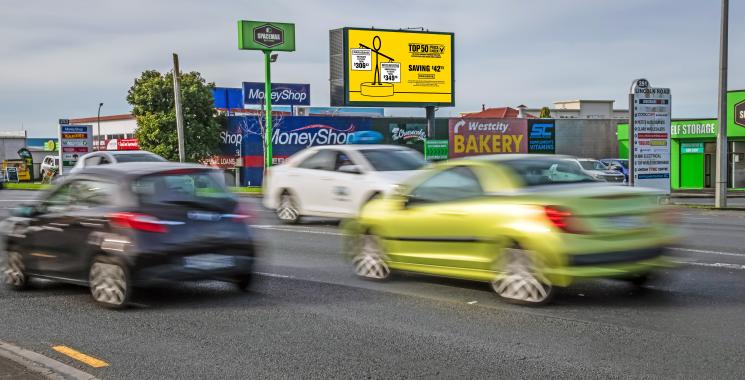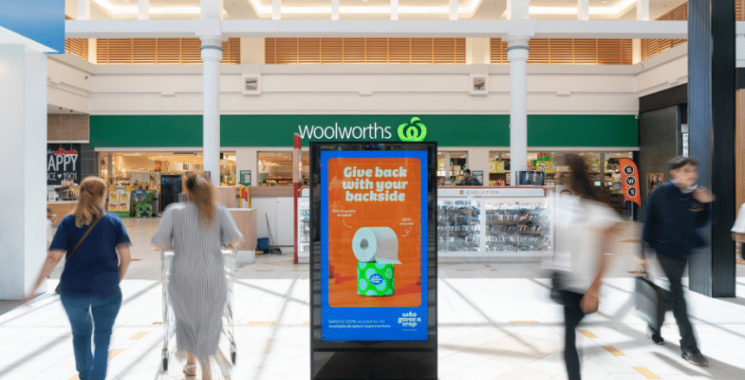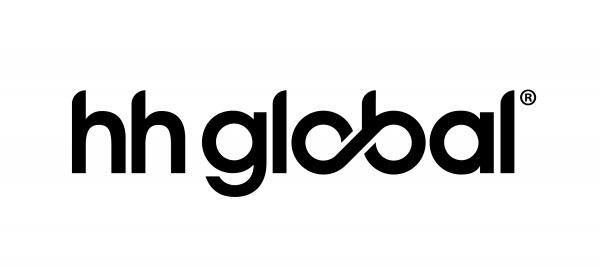
Flatlining sales put retailers on edge
Sky-high interest rates and conservative consumer spending have caused retail sales in July 2024 to flatline, as revealed by the latest update from the Australian Bureau of Statistics.
The unchanged figures have raised concerns within the retail sector, particularly as Australia continues to experience rapid population growth.
The National Retail Association has expressed alarm over the stagnant trade figures, highlighting the critical role of consumer sentiment in the industry. With the crucial Christmas trading period approaching, retailers are anxious about the possibility of further interest rate hikes, which could exacerbate the current situation.
Key retail sectors, including clothing, footwear, and personal accessories, saw the largest declines, with sales falling by 0.5%. Department stores and the food service industry also experienced drops, contributing to the overall sense of unease among business owners.
The impact of these flatlining sales is not limited to the retail giants; smaller retailers, in particular, are feeling the strain. Many are unable to sustain heavy discounting strategies, which are increasingly necessary to attract cost-conscious consumers. This financial pressure risks pushing smaller players out of the market altogether.
The National Retail Association has called on policymakers to foster a more supportive environment for Australian businesses, one that encourages investment and ensures a sustainable future for the retail sector. As the industry braces for the busiest time of the year, the focus is on finding ways to weather the challenges ahead.











